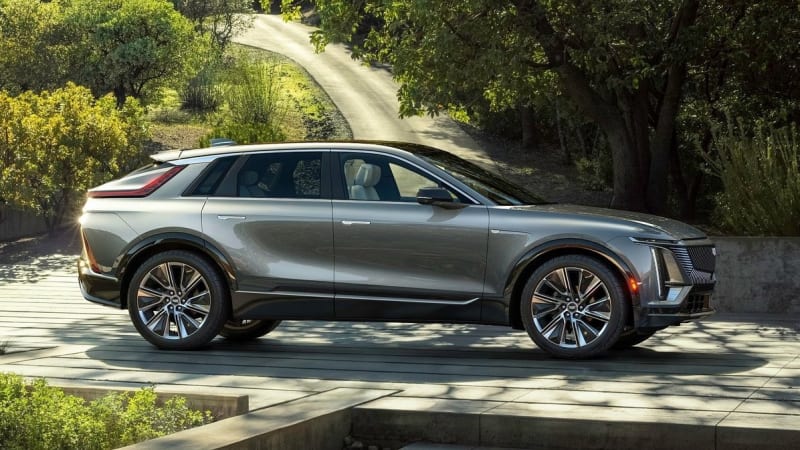BitJam
Active Member
The problem is when the car is worth less (and perhaps worthless) to everyone compared to a much cheaper and cheaper-to-run EV. I'm not saying we should ban the production of PHEVs. I'm saying it's a mistake to spend tens of billions of dollars to boost their production right before they become obsolete.You know that when people sell cars they don't all go to the crusher ya? How long the first owner keeps something has nothing to do at all with how long it remains valuable in the market. Each of those cars becomes a used vehicle for people farther down the income scale.
While she was press secretary, Jen Psaki basically admitted that the anti-Tesla BS in the first bill was due to the influence of the corrupt UAW. Likewise for the president's anti-Tesla actions and lies (and as predicted, that idiocy did not age well and thus begat more idiocy). This bill is better but the influence of the corrupt UAW is still there. Environmentalists were not pushing for massive subsidies for PHEVs. These subsidies were not there to help the environment, or to help the public, they were there exclusively to help keep the UAW relevant for a few more years by letting traditional auto firms postpone bankruptcy by getting subsidies for cranking out gas guzzling vehicles with little batteries and motors tacked on. It's insanity! Yes, PHEVs can gain some efficiency from regen but they lose efficiency by lugging around two powertrains.
Imagine the headlines and outroar if Teslas were 100 times more likely to catch fire than other cars. Yet hybrids are 140 times more likely to catch fire than an EV and there's nary a peep about it. Certainly no headlines or outroar. The added risk is probably due to the complexity of combining an electric powertrain with a gasoline powertrain in the same vehicle where one spark can ruin your whole day. If EVs will be cheaper and cheaper-to-run in two years then it makes no sense to put as many new PHEVs as possible on the road now. Except if you're the UAW or big auto.
From Rob Mauer (on the original BBB bill which gave PHEVs an even higher tax credit):
Can anyone in the @WaysMeansCmte justify a $9,000 tax credit for vehicles with 7 kWh batteries — batteries which cost less than $1,000? This is an egregious waste of resources, ensures the US falls behind in new energy vehicles, and enables further destruction of our environment.
BTW: as for your higher electric rates, the plural of anecdote is not evidence. The same faulty logic can be used to say the recent cold wave across the US implies global warming is not real. If you somehow missed the Tony Seba video I linked to previously, I encourage you to watch it soon. The exponential downward trends in battery and renewable energy costs are stunning and have mind blowing, world changing implications.



